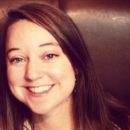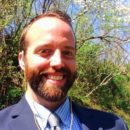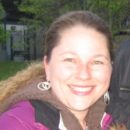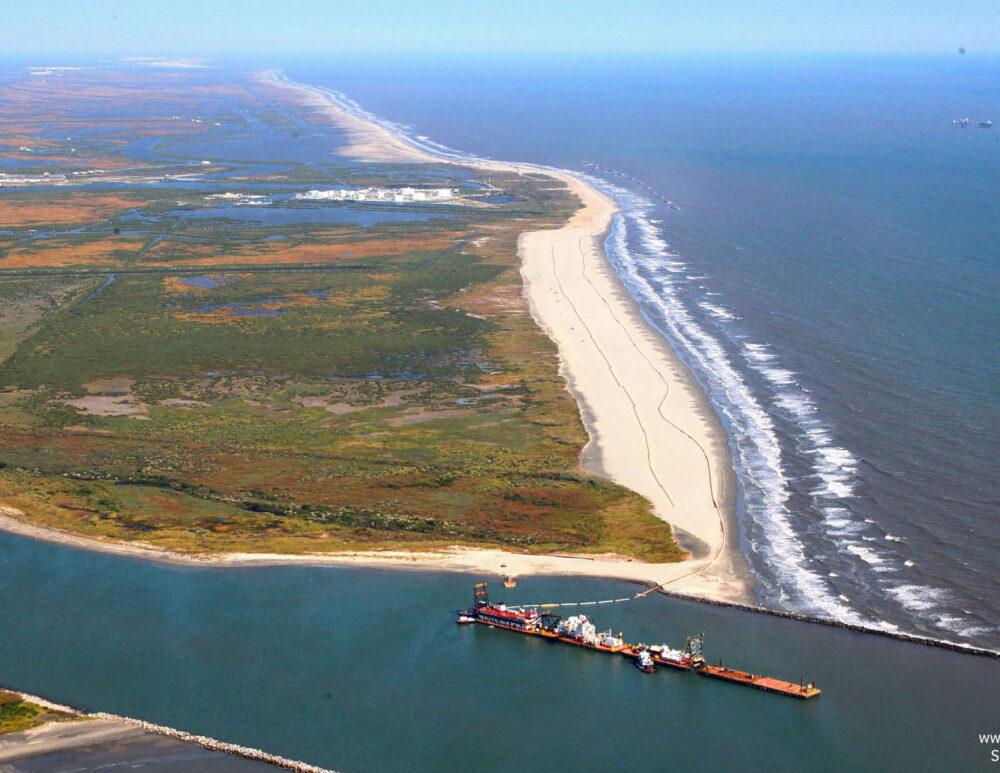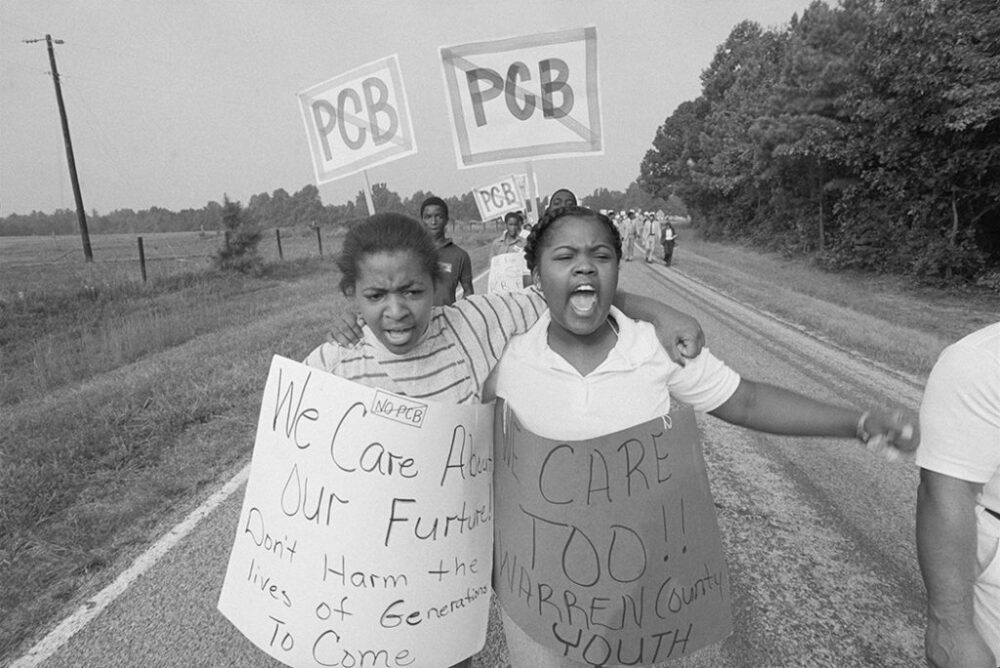We have much more to do and your continued support is needed now more than ever.
Fifth Annual NWF EcoCareers Conference: More Speakers, More Sessions, More Opportunities
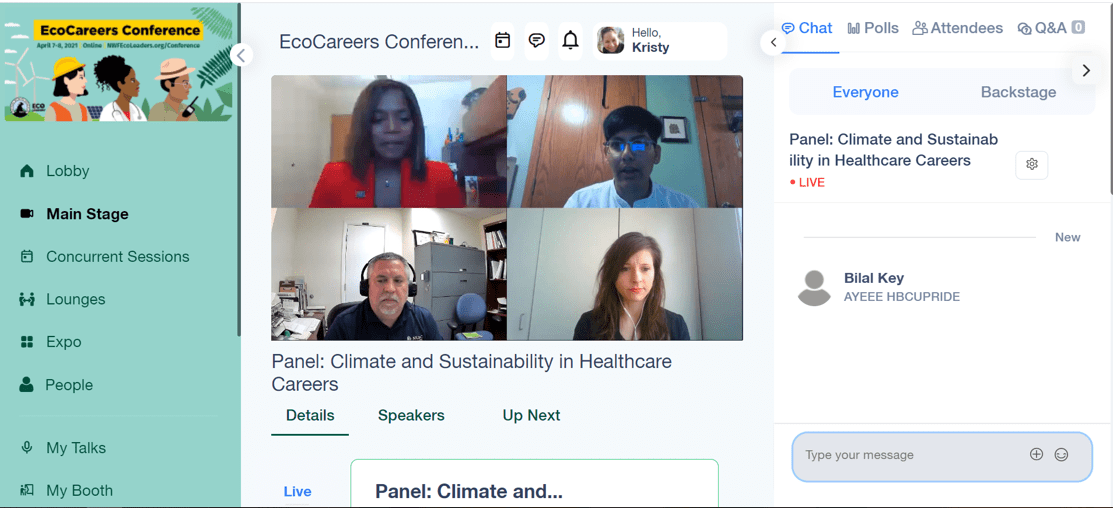
The National Wildlife Federation hosted its fifth annual virtual EcoCareers Conference on April 7–8, 2021 to help high school and college students, as well as early-career professionals, plan and prepare for careers in conservation and sustainability.
While this green career conference has been held online from the beginning—in order to reduce emissions and reach more students across the country and the planet—the global COVID-19 pandemic still heavily impacted the topics, speakers, and career plans of the conference attendees. The four spotlighted career sectors were chosen due to their resilience or renewed importance in light of the pandemic: sustainability in healthcare; environmental justice; journalism; and green technology and infrastructure.
This year, nearly 900 high school and college students, faculty, staff, and other professionals registered for the conference representing 180 school districts, colleges and universities, nonprofit organizations, businesses, and government agencies.
Keynote Speakers and Authors Inspire and Persevere
NWF board member, Arthur “Butch” Blazer, kicked off the first day of the conference with a welcome message to the audience, a moving acknowledgment, and a warm introduction of Dr. Julie Thorstenson, the Executive Director of the Native American Fish and Wildlife Society (NAFWS), an organization that Blazer himself helped establish in the 1980s. Thorstenson is a member of the Cheyenne River Sioux Tribe, and she was selected as the chief administrator of NAFWS in July 2019. NAFWS’s mission is to assist Native American and Alaska Native Tribes to conserve, protect, and enhance their fish and wildlife resources and connects and trains tribal, federal, and state fish and wildlife management entities.
Touching on common concerns of students, Thorstenson advised, “Say ‘yes’ to opportunities. Don’t be afraid of the detours. My Dad panicked the first time I changed jobs, but having taken all the detours, I know exactly what I want to do and I’m no longer wondering if there’s something better out there for me. And you don’t have to have it all figured out.”
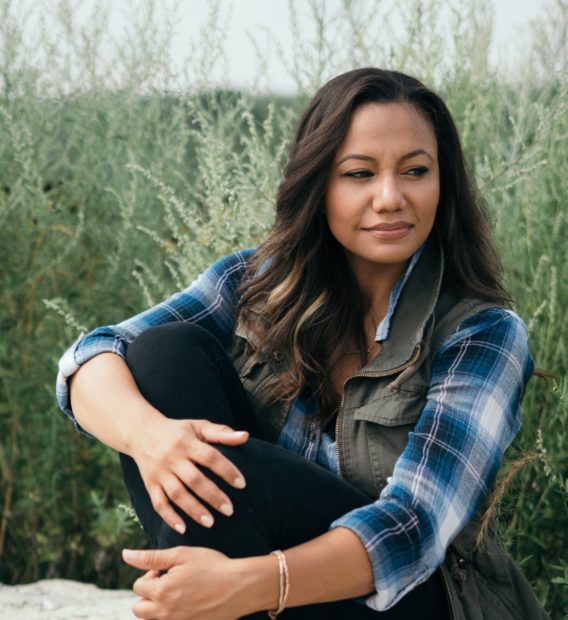
The keynote speaker for the second day of the conference was August Ball, the founder of a two-prong social enterprise called Cream City Conservation.
Ball works with organizations to institute strategies to attract and retain top talent from diverse candidate pools and with traditionally underrepresented youth to become the next generation of land stewards through the Cream City Conservation Corps program.
Unfortunately, technical difficulties interrupted her presentation at a particularly riveting part of her career journey, but Ball assured attendees that she would deliver the remainder of her presentation soon.
Each year, the EcoCareers Conference shines a spotlight on new books, films, albums, or other published works. This year, the climate feminism anthology All We Can Save: Truth, Courage, and Solutions for the Climate Crisis, co-edited by Dr. Katharine Wilkinson and Dr. Ayana Elizabeth Johnson was featured. On the first day of the conference, Wilkinson shared highlights of her own career path, including working on Project Drawdown, bringing together activists, writers, scientists, and artists to contribute to All We Can Save, as well as her plans for developing curriculum and reading circles to continue celebrating and learning from the book’s contributors.
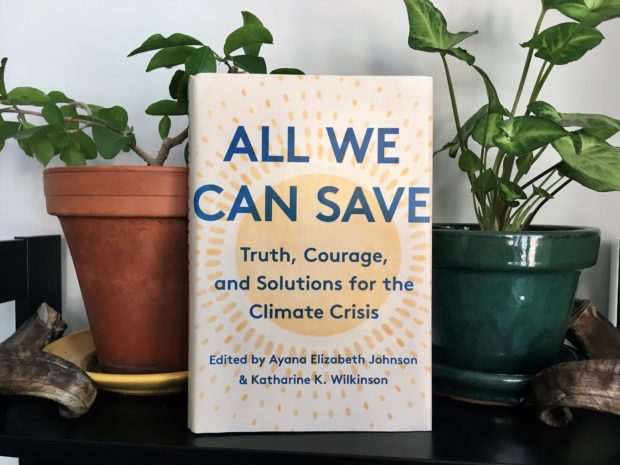
One of the contributors, Joan Naviyuk Kane, was featured on the second day of the conference. Kane is Inupiaq with family from Ugiuvak and Qawiaraq and is the author of eight collections of poetry and prose. She teaches creative writing at Harvard, is a lecturer in the Department of Studies in Race, Colonialism, and Diaspora at Tufts, and was founding faculty of the graduate creative writing program at the Institute of American Indian Arts. Kane shared about her history, her career path, and also recited her poem, “A Few Lines for Jordin Tootoo.”
Career Sector Panels Illustrating Diversity and Opportunity
Each day, careers in two economic “sectors” (some more or less loosely defined) were explored through panel presentations and vibrant Q&A. On day one, attendees heard from and asked questions of representatives of careers in healthcare and green technology and infrastructure, and on the second day, attendees delved into careers in environmental justice and journalism.
The Climate and Sustainability in Healthcare Careers panel featured F.E. Harrison, the Deputy Director for the Division of Environmental Health Science and Practice at the Centers for Disease Control and Prevention (CDC); Shanda Demorest, Member Engagement Manager with Practice Greenhealth, and Sloan Reeves, Recycling Coordinator at the Medical University of South Carolina.
This panel is especially timely and touched on the impact of climate on the spread of disease, the impact of COVID-19 restrictions on transportation and air pollution, the processing and disposal of PPE and other medical wastes during the pandemic, and the healing effects of the natural environment. Panelists discussed their own career paths, advice for folks interested in careers at the intersection of sustainability and health, and Harrison gave a detailed overview of the many fellowships and internships available at the CDC.
Students and attendees learned about careers connecting STEM and community in the Careers in Green Technology and Infrastructure Panel. Featured speakers included Dr. Elizabeth Bagley, the Director of Project Drawdown Learn; Darryl Haddock the Education Director of the West Atlanta Watershed Alliance; and Katie Gwathmey, the Manager of Smart City Partnerships at Rubicon (Rubicon is also a sponsor of the 2021 conference, along with 10 colleges, universities, and nonprofit organizations, listed at the end of this article).
Haddock discussed his path to becoming an environmental scientist, noting, “I was probably about 4 years old. I used to watch PBS, and there was this really funny-looking guy… that had a really strange name, used to wear a red skull cap, and he lived on a boat. He sailed the seas; he swam with whales and dolphins, and his name was Jacques Cousteau. And for a kid like me who lived in Newark, New Jersey at the time, there really wasn’t anybody that looked like me that was doing the things that he was doing… But I remember growing up in the 60s and the 70s, and the optimism of the civil rights movement had many of us believing that we were going to be the first Black this or the first Black that, and I really wanted to be the first Black Jacques Cousteau.”
With the support of his parents and his love of the ocean, he eventually found himself as a water scientist, and he describes his job as “to understand and protect how urban areas provide ecosystem services—the things that we sometimes take for granted—and how can we learn to appreciate them through programming.”
The first panel on the second day focused on environmental justice careers, featuring Corina Newsome, Community Engagement Manager for Georgia Audubon; Julian Gonzalez, Legislative Counsel for Water Policy at Earthjustice; and Kim Barrett, Manager of Equity and Justice for the National Wildlife Federation’s Education and Engagement Department. With academic and professional backgrounds spanning law, education, activism, naturalism, and more, the speakers emphasized that the pursuit of environmental justice is not just for policymakers (though their role is vital), but that it is an objective that must be pursued by engineers, lawyers, statisticians, community activists, artists, educators, and beyond.
The last panel of EcoCareers 2021 focused on trends and careers in the field of journalism. Panelists included Katherine Noble-Goodman, the University Partnership Manager for Solutions Journalism; Jacqueline Gray Miller, an independent journalist and Founder of A JFG Production LLC; and Marc Heller, a reporter for E&E News. As the conference began winding down, this panel brought an entertaining, yet still informative angle to career advice.
When asked about professional mentors, guides, and editors, Gray Miller recalled a story from when she was 23 or 24, and said, “the first mayor who gave me back a press release I wrote; he wrote all of this red stuff over it. I was so young; it was so embarrassing, and he said, ‘please never put anything else on my desk that has a typo in it…’ I couldn’t even think for the next couple of days, I was so hurt… For a month, when I saw that mayor coming, I walked in the other direction, and he finally came to my desk and said, ‘I’m not trying to hurt your feelings, I see something in you, and want you to grow.’ People who point out your mistakes in a constructive way, those people are good, they are good for you.”
“Next Steps” for Students to Consider
Throughout the conference, concurrent sessions were offered for the high school students and college students in the audience to each learn about a variety of “next steps” to consider for their personal academic and career plans.
High school students could participate in a panel session titled, “The Trails Less Traveled,” focused on alternatives to pursuing a 4-year degree immediately after high school which highlighted community colleges, career and technical education, conservation corps, and solar trades on the first day of the conference. And on the second day, they attended a panel presentation about sustainability programs and student experiences at Historically Black Colleges and Universities, Tribal Colleges and Universities, and other Minority Serving Institutions.
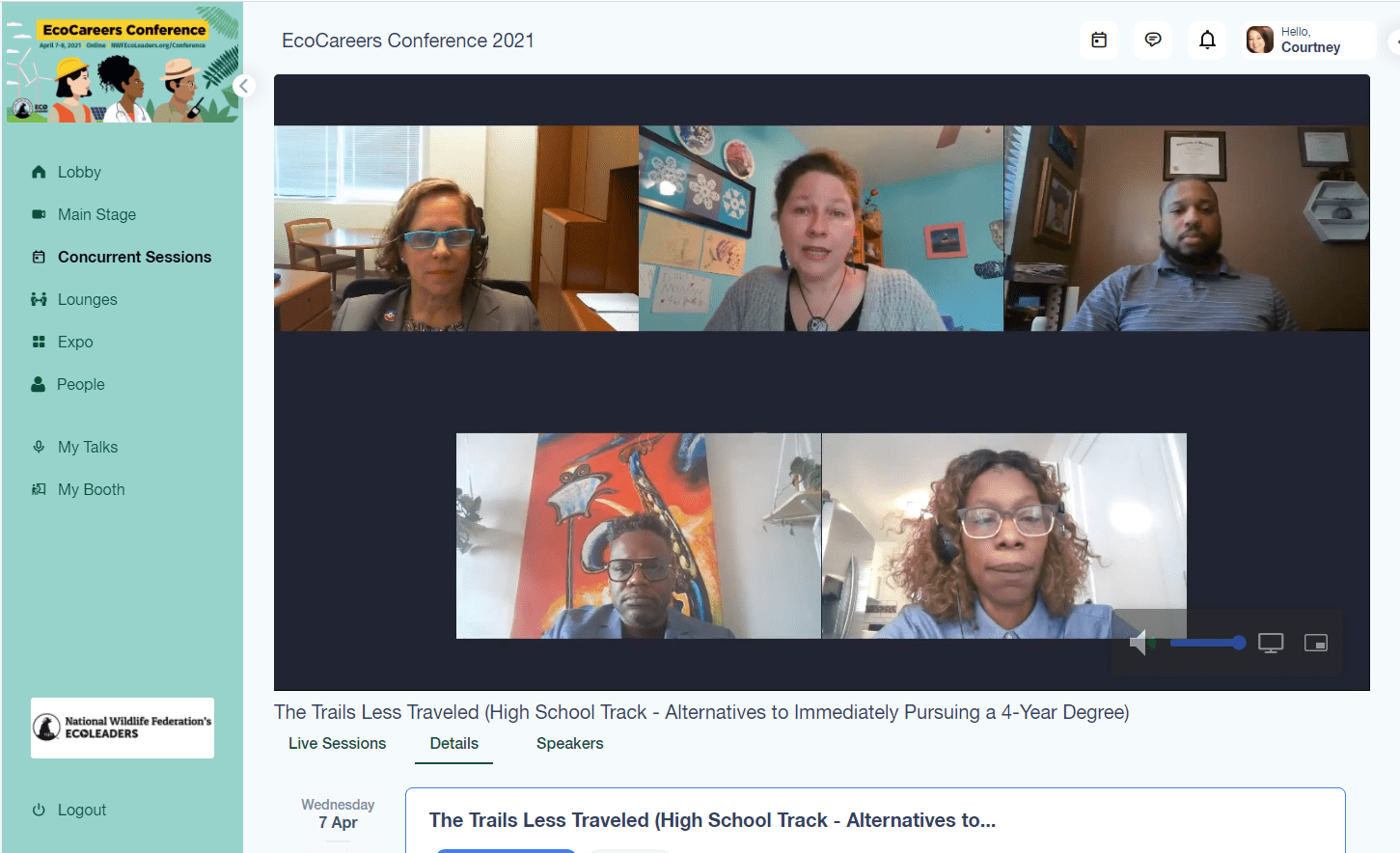
College students attended presentations focused on preparing for winding career paths and difficult economies through upskilling, credentialing, networking, and other strategies, as well as a panel presentation about registered apprenticeships, service learning, and formal and informal mentorships. Mariah Davis, Policy and Campaigns Manager for the Choose Clean Water Coalition, manages the Young Professionals of Color mentorship program.
Davis described the importance of identifying informal mentors and maintaining those relationships. She recalled, “One mentor that I had was a professor named Dr. Eric Hayes… he was always very friendly and passionate about setting up his students for success. I was 19 at the time; I had no clue what I wanted to do as far as my career goes, but I recognized that Dr. Hayes was someone who believed in me and wanted me to excel.” Davis describes his advice on finding and creating opportunities at college and that his support has continued through writing recommendations for study abroad opportunities and advanced degree programs.
Tying It All Together with Career Planning Workshops
Towards the beginning of the first day and the end of the second day, attendees participated in a series of interactive career planning workshops to help integrate the advice, lessons, and recommendations they gleaned throughout the conference into their own personal career plans.
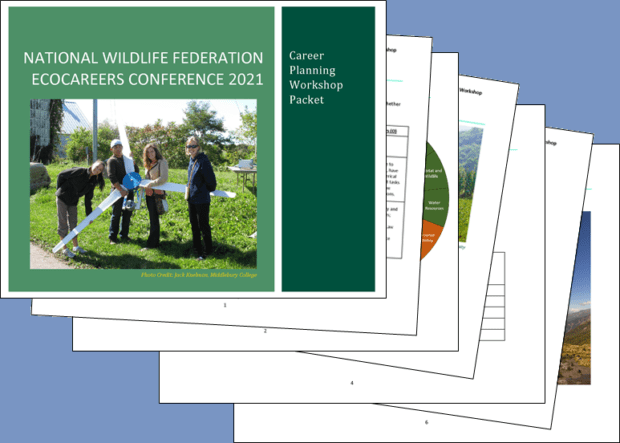
Beth Offenbacker, Founder, and CEO of Waterford, Inc., and David Corsar, NWF’s manager of Career Development Programs, led these workshops for college students and high school students, respectively. With the assistance of a career plan workbook provided to attendees, these sessions addressed career self-assessments, career pathway research, vision setting, establishing decision criteria, alternate career scenarios, and more.
The last activity for participants during the workshops was to share 5 words in response to the question “what did you learn about yourself, your career vision, or your direction?” Participant responses included “On the right path now!” “Take me back to fieldwork”, and “Many ways to get there.”
Thank You to EcoCareers’ Generous Sponsors
The annual EcoCareers Conference cannot take place without the support of sponsors—from corporate entities to colleges and universities large and small to nonprofit partner organizations. Thank you to the following businesses and institutions for helping us develop a diverse, inclusive, national community of young leaders planning careers in conservation and beyond.


